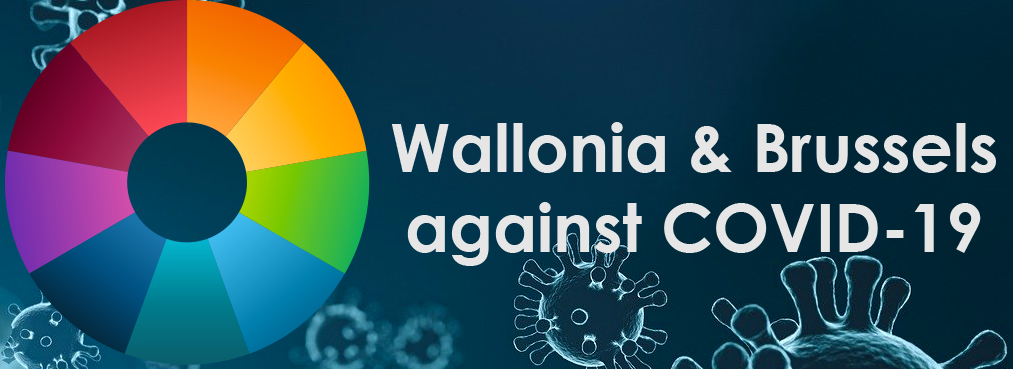A. Marchant - S. Goriely - N. Dauby - S. De Wit - O. Vandenbergh - C. Montesino - V. Mascart - V. Del Marmol - A. Le Moine - F. Andris - C. Gueydan - A. Botteaux - A. Matagne
ULB, CHU Saint-Pierre, Hôpital Erasme, ULiège - FNRS
" The project investigates the immune responses to SARS-CoV-2 infection in humans. Cohorts of patients and contacts are recruited and followed-up during several months following infection. Using systems serology and systems biology approaches, the quality and dynamics of antibody and cellular responses are analysed to identify correlates of protection against severe disease and to determine the duration of natural immunity to the virus. The project should provide insight in the host response to SARS-CoV-2 and should help define deconfinement strategies and develop prophylactic and therapeutic interventions against COVID-19. "
Funding: COVID 19 - ULB
Contact: Arnaud Marchant: This email address is being protected from spambots. You need JavaScript enabled to view it. Stanislas Goriely: This email address is being protected from spambots. You need JavaScript enabled to view it.


